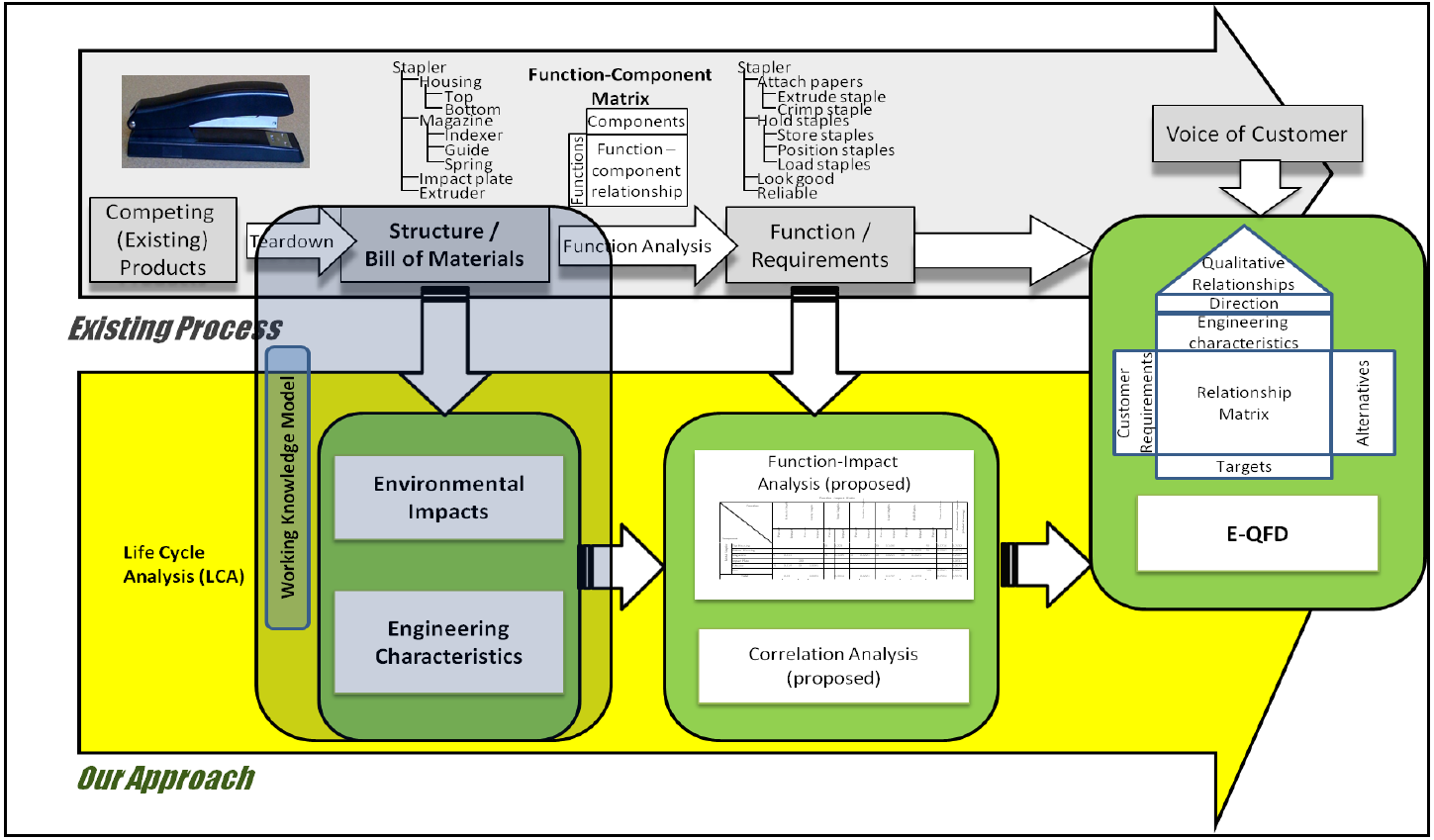Abstract:
The issue of environmental sustainability, which is unprecedented in both magnitude and complexity, presents one of the biggest challenges faced by modern society. Engineers, including mechanical engineers, can make significant contribution to the development of solutions to this problem by designing products and processes that are more environmentally sustainable. It is critical that engineers take a paradigm shift of product design i.e. from cost and performance centered to balance of economic, environmental, and societal consideration. Although there have been quite a few design for environment (DfE, or ecodesign) tools developed, so far these tools have only achieved limited industrial penetration: they are either too qualitative/subjective to be used by designers with limited experiences, or too quantitative, costly and time consuming and thus cannot be used during the design process specially during the early design stage. This paper develops a novel, semi-quantitative ecodesign tool that targets specially on early design process. The new tool is a combination of environmental life cycle assessment, working knowledge model, and visual tools such as QFD, functional-component matrix, and Pugh chart. Re-design of staplers is selected as a case study to demonstrate the use of the proposed tool. Efforts are on going to confirm that the new design generated using this new tool does have improved environmental performance.
Download paper here


